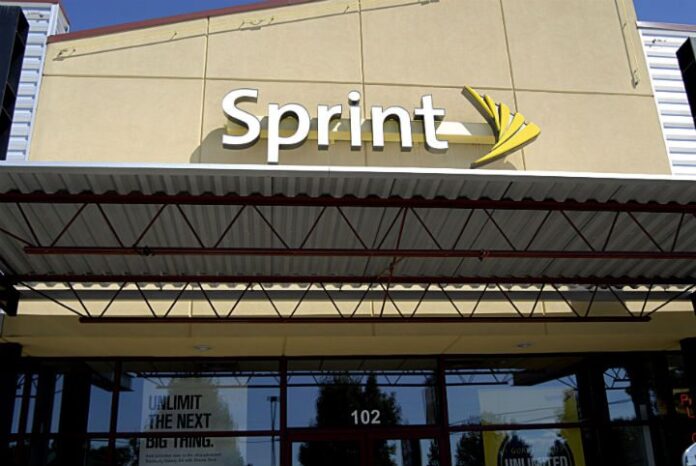Sprint CFO Tarek Robbiati says the struggling U.S. carrier is looking to the future and “5G” with its as-yet unspecified network improvement plans, which revolve around a densification strategy.
Robbiati made the remarks this week during Deutsche Bank’s Media, Internet and Telecom conference.
“We’re not building a network that’s 4G,” he said. “4G is almost a thing of the past. We’re building a 5G network for the future, and 5G networks are fundamentally different to 4G networks. They’re all around high capacity and the more spectrum you have the more capacity you have.”
Robbiati remarked that Sprint’s spectrum portfolio, in excess of 200 megahertz total, is “quite remarkable,” and part of the reason he joined the company.
Back to provisioning high capacity wireless service bolstered by extensive spectral resources.
“That requires a fair bit of densification,” Robbiati said. “Densification is a word this industry will hear about for the next 10 years at least. The most efficient spectrum for high capacity networks is high frequency spectrum. The higher frequency spectrum is more efficient to handle a very large capacity of traffic and that’s the world we’re moving toward with 5G.”
But, he noted, high frequency spectrum doesn’t propagate very far, so to use it you need density.
“You need to put a lot more sites,” Robbiati said. “For the plans that we have to densify our network, there are simply not enough tower sites in the country to do what we intend to do.”
He said Sprint has a little more than 40,000 sites while competitors have around 50,000 sites.
“With 50,000 sites you cannot really densify a network to give very high capacity,” Robbiati said. “You need to think differently and you need to have a very different way of engineering your network, which is a lot more around small cells, putting a lot more spectrum on air. That’s a different way of engineering, it’s a different unit cost per site. But at the same time you need a lot more sites. The assumptions that typically are down around [capital expense]-to-sales ratio no longer hold … in this new world of 5G.”
Sprint is owned by Japanese conglomerate SoftBank, which has also been in the news lately following its announced plans to divide into two companies, one focused on domestic operations and one on international interests.
Last week, Robbiati told Bloomberg News SoftBank plans to create a new financing subsidiary that will loan money to Sprint, using Sprint’s network infrastructure and spectrum as collateral. This subsidiary will presumably be part of SoftBank’s international organization.

